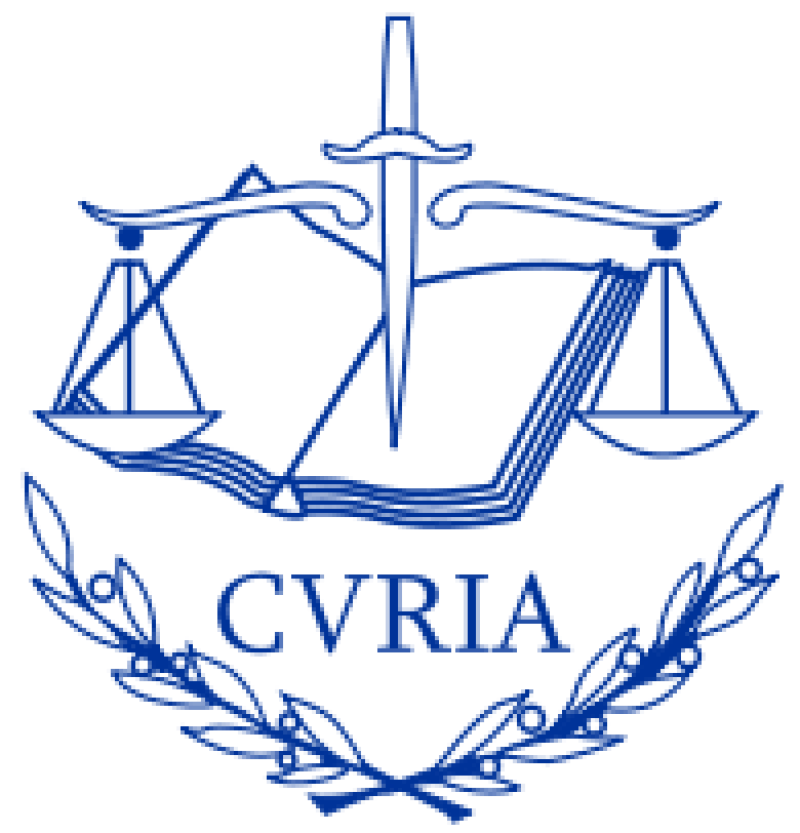Philips Electronics ruling
The ECJ decided that Philips Electronics UK, a UK resident company, could use £64 million of losses sustained by the UK branch of a LG.Philips (LG NL), a Netherlands company, to reduce its taxable profits for years from 2001 to 2004.

HMRC had denied the claim, using the fact that the same losses might be used by LG NL in the Netherlands, as one of its main arguments.
The ECJ was asked four questions on referral from the UK’s Upper Tribunal:
Did the UK’s rules restrict the taxpayer’s freedom of establishment?
The court found that in denying Philips Electronics’ claim, HMRC was restricting LG NL’s freedom to establish a permanent establishment (PE) in the UK because that PE was not granted the same ability to transfer its losses that a UK parent’s PE would have been.
Was the restriction of establishment justified?
HMRC rejected Philips Electronics’ request on the ground that under the UK-Netherlands tax treaty, the UK was allocated the power to tax UK branches.
HMRC argued that the taxpayer would be given the opportunity to undertake the double use of its losses if no restriction was placed on using them in the UK and this would undermine the UK’s taxing rights.
However, the ECJ rejected this assertion because the UK’s right to tax profits was not affected by allowing the use of losses attributable to a UK branch.
Christopher Morgan, of KPMG, said the underlying rationale is that if the UK taxes the profits, it must also give relief for the losses, and what the other country does is irrelevant.
“The rule is not a genuine anti-avoidance rule focused on preventing actual double use of losses but is a general one which applies in all case where this could happen, even if only on a temporary basis,” said Morgan.
“In nearly all cases, even if the loss was used in the other country there would only be a temporary benefit as the branch would be taxable in both countries when it made profits,” he added.
Richard Palmer, of Ashurst, said the question of whether the losses are also allowed in the Netherlands, is an issue the Dutch tax authorities must decide, and not something the UK should be involved in.
“The ECJ appears to accept that the losses could also be used in the Netherlands given its view that the potential for double use of losses is not of itself sufficient justification for the restriction,” said Palmer.
“It would appear that it will be left up to the Netherlands to restrict the use of the losses domestically, rather than for the UK to resolve the issue by amending its double-tax treaty, which would be consistent with the principle that the state with the primary taxing rights – the host state – should ensure tax symmetry,” he added.
If justified, was the restriction proportionate?
The ECJ declined to consider whether the restriction was proportionate since it had already decided it was not justified,
Though in an earlier opinion on the case, an advocate general of the ECJ said the UK rules went beyond what would be necessary to prevent the double use of losses.
Does EU law require Philips Electronics to be provided with a remedy?
As it was LG NL’s freedom of establishment being restricted, and not that of Philips Electronics, the ECJ was also asked to decide whether Philips Electronics could claim the relief.
The ECJ said member states must disapply any provisions of national law which restrict a fundamental freedom of a taxpayer, regardless of whether the taxpayer complaining of the infringement is the taxpayer whose rights have been infringed or a taxpayer affected as a consequence.

Taxpayers with group relief claims should welcome this conclusion because the loss-surrendering company is often that which has had its freedom restricted, while the company which actually brings the claim in the member state’s courts will have suffered as a result.
Palmer said the same logic could potentially apply to claimants relating to restrictions on free movements of capital.
This could open up further potential claims for non-EU taxpayers.
If the relevant freedom which is arguably being prevented by the restriction on the use of PE losses is free movement of capital, not freedom of establishment, then that may provide a basis for taxpayers to claim relief for third-country arrangements as well, since that EU principle extends to non-EU countries.
Morgan said HMRC has argued in many situations that – even if the UK rules are in principle contrary to EU law – the company which suffered the loss did not exercise its EU right so could not claim that the relevant law should be disapplied.
One example of such a case is the Foreign Income Dividend (FID) and Manninen litigation where pension funds are claiming they should have received tax credits on some FIDs received between 1994 and 1997.
“HMRC has argued that because the funds were investing in UK companies, which had themselves invested in foreign companies, they did not exercise the free movement of capital here,” said Morgan.
“Therefore even if the FID rules were unlawful as they restricted investments by UK companies abroad, HMRC say the pension funds cannot reclaim a tax credit. The Philips case shows HMRC’s argument is wrong,” he added.
Restructuring
Palmer said the immediate decision is only relevant to consortia such as the Philips/LG NL joint venture and groups containing both UK resident companies and a UK PE of an EU resident company, though such groups need not have an EU-resident parent.
“Groups with a non-EU parent containing both UK resident companies and UK permanent establishments of EU-companies would also be affected by the ruling,” said Palmer.
“It therefore begs the question whether a non-EU group with a permanent establishment in the UK that is loss making, and who would not benefit from this ruling because it is an infringement of the freedom of establishment and not the free movement of capital, might consider restructuring so that the head office is an EU rather than a non-EU company,” he added.










